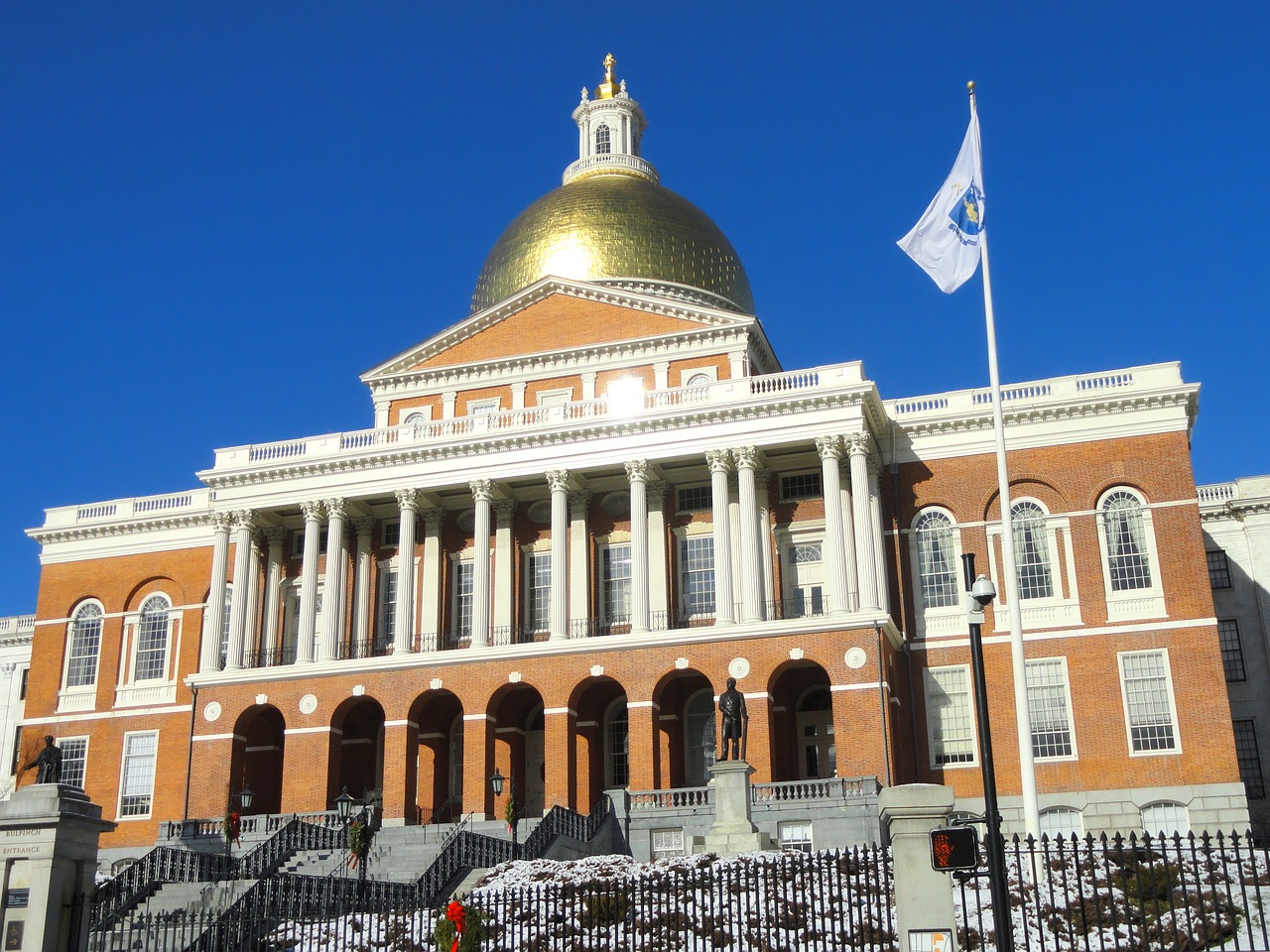
| you’re probably aware that the Massachusetts Legislature failed to pass a comprehensive climate bill when the legislative session ended in August. Environmental groups and individuals across the state had been working for two years to help craft the bills that were part of the proposed legislation: filing comments, calling and meeting with individual House and Senate members, participating in legislative meetings and spreading information through the press and social media to increase understanding of the issues by the voting public. As the House and Senate worked through the legislation, some important bills were rejected or withdrawn, including halting expansion of gas pipes, the Zero Carbon Renovation Fund, bills limiting biomass, and more. But the remaining legislation still contained quite a few environmentally critical issues. The bill came out with only 6 hours for members to read it and file amendments, some of which were withdrawn immediately. House speaker Mariano and energy committee chair Roy had stated their position that the bill should focus almost entirely on reforming the process for energy infrastructure siting and permitting, meaning that some of the most important parts of the bill would not even be open to discussion. On July 22nd, the two branches formed a conference committee composed of three members from each side to discuss ways of reconciling differences between climate bills passed in each chamber. When they failed to reach agreement by the end of the session, they extended the session for a few days to try again. But again they failed. Many members of the House support critical environmental legislation, but unfortunately, power in the House is concentrated in the hands of a few, and bills often don’t even reach the floor unless leadership approves. The scales are also often tipped in favor of the corporations and major utilities: the two largest gas and electric utilities in the state, National Grid and Eversource, both spent hundreds of thousands on their lobbying operations last year. Eversource spent a total of $360,000, while National Grid spent more than $400,000. “This is an embarrassing failure and an indictment of the status quo on Beacon Hill when it comes to managing a sane and effective legislative process,” said John Walkey, director of climate justice and waterfront initiatives at GreenRoots. Governor Healey responded to the failure of the legislature in September by proposing a “climate” bill of her own, one that focuses almost solely on clean energy infrastructure siting reform. It’s an important issue, as the clean energy infrastructure needed to meet our climate goals by reducing the need for fossil fuel reliance has been hampered in some cases by a slow approval process. However, it’s not just speeding up the process that’s important: it’s doing so while retaining the right of local communities to ensure that sites are chosen with attention to impacts on environmental justice communities and the environment as a whole. When a corporate solar field developer buys a large tract of agricultural or clearcuts forested land for installation, they’re removing a carbon sink that is critical to the state’s plans for climate change mitigation. Local authorities need to retain the right to ensure that any new development of clean energy is actually clean in all the ways the development affects the local community. Unfortunately, the Governor’s bill includes language that will automatically approve new clean energy infrastructure after 12 months. This effectively takes control of the process out of the hands of local officials, which often include unpaid Conservation Commissions and other environmental-related staff who are burdened with other issues and may have a significant learning curve before they can competently approve or deny a technically complex application. Fortunately, we and our climate allies in Massachusetts have been pressuring House and Senate members to go back to the drawing board. Now House and Senate negotiators have started meeting again and sound hopeful they can come to some sort of agreement. Let’s hope that includes language on climate-critical issues like curbing further expansion and use of natural gas. |
References:
Commonwealth Beacon: State House climate negotiators resume talks
Conservation Law Foundation: Massachusetts Legislature Fails to Pass Climate Bill
Union of Concerned Scientists: Legislature’s Failure to Pass Climate Bill Means ZIP Code Will Continue to Determine Pollution Exposure in Commonwealth